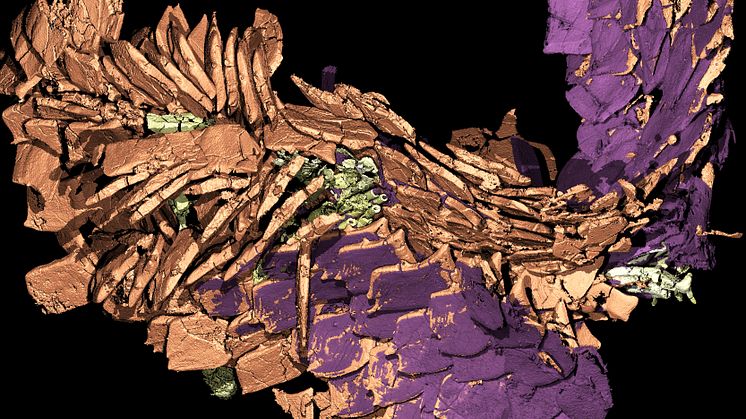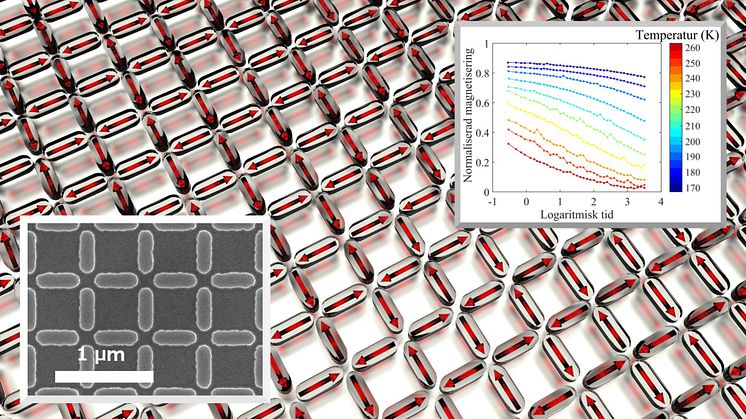Blocking of an enzyme stops brain tumour cells from growing
By blocking of an enzyme that affects the cellular microenvironment it is possible to stop brain tumour cells from growing. This is shown in a new study published in the journal Molecular Cancer Therapeutics by researchers at Uppsala University in collaboration with researchers in Haifa, Israel and Brisbane, Australia.



